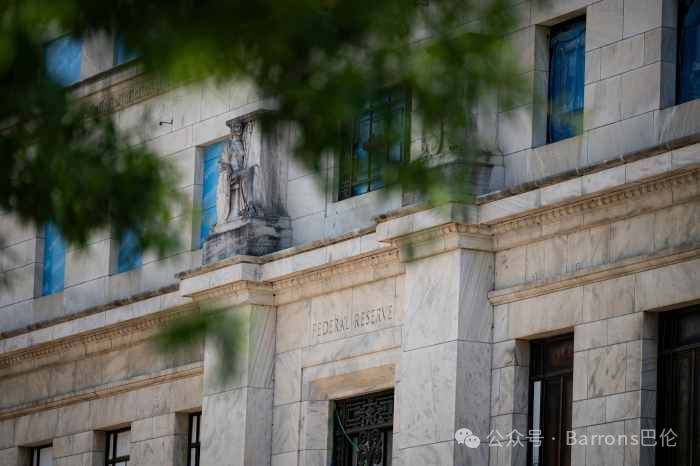To address the severe challenge of needing to borrow an additional $15 trillion over the next decade, the United States is seeking new debt buyers.
Author: Derek Hohstmeier

According to some estimates, the U.S. Treasury will need to borrow an additional $15 trillion over the next decade to repay federal debt, and whenever debt is sold, there must be someone to buy it.
With China no longer purchasing U.S. Treasury bonds as consistently as before, the U.S. needs to find other channels to absorb the large amounts of debt that will soon be issued. At this time, the "Genius Act" has emerged.
This bipartisan legislation passed in the Senate in June and is expected to be voted on in the House this week; it is the first regulatory bill concerning stablecoins. The bill will allow private institutions to issue their own stablecoins, as long as these stablecoins are fully backed by U.S. Treasury bonds. This will bring a whole new group of investors to U.S. Treasury bonds.
This is a clever way to address the issue of excessive debt: the Treasury can leverage this emerging and expanding market to issue the upcoming trillions of dollars in debt, with minimal risk to the existing banking system.
The sooner a solution is implemented, the better. Due to concerns about the U.S.'s ability to repay its debt, long-term U.S. Treasury yields have surged to nearly 5% this year. Moody's downgraded the rating of U.S. Treasury bonds in May, and there are not many new potential buyers. China has been reducing its holdings of U.S. debt for five consecutive years. As the largest foreign holder of U.S. debt, Japan is also unable to increase its holdings significantly due to concerns over its own debt burden, which has led to a sharp rise in its bond yields.
Of course, the Treasury should also weigh the negative impacts brought by stablecoins. The "Genius Act" will allow stablecoins to spread globally and permit companies to issue their own tokens, meaning that more U.S. Treasury bonds and dollars will be locked in the shadow banking system, away from the direct oversight of the Federal Reserve and the Treasury.
In this scenario, the shadow banking system presents two issues. First, stablecoins enable non-U.S. investors—who previously found it difficult to easily hold dollar assets—to access dollar assets and U.S. Treasury bonds. With stablecoins, investors in emerging markets looking to convert their local currency assets into more stable dollar assets can do so more easily. However, this also increases the risk of external runs on U.S. Treasury bonds, as a larger proportion of U.S. debt will be held by foreign individual investors.
Second, domestically, the "Genius Act" will allow non-bank companies to issue their own forms of currency. Amazon and Walmart announced last month that they plan to launch their own stablecoins to enter this market. These new forms of currency will circulate between companies without going through the traditional banking system.
The creation and contraction of large amounts of currency occurring outside the regulated banking system will pose significant regulatory challenges. Additionally, smaller banks may be excluded, as most stablecoin companies only collaborate with large international banks.
Which scenario is better is still difficult to say. The Treasury needs to find buyers for the large amounts of new bonds that will be issued over the next decade; otherwise, it is likely to face another downgrade in its credit rating. Without the "Genius Act," it would be nearly impossible for the Treasury to force U.S. investors and traditional sovereign nations, who are unwilling to purchase new debt, to absorb these debts. If the House does not pass the "Genius Act," the U.S. Treasury bond market is expected to become more volatile, and the status of "safe haven" assets will gradually diminish.
If the bill passes, more funds will flow to regions outside the U.S. and into the domestic shadow banking system. In this case, the Federal Reserve will be passively responding; if the next financial crisis brews within the shadow banking system like it did in 2008, the Federal Reserve may be unprepared, and by the time it reacts, it may be too late to provide financial stability to an already fragile economy.
All signs indicate that the bill is about to pass. The Federal Reserve should be prepared to seek more authority to gain a deeper understanding of how the shadow banking system operates, in order to address the negative impacts it brings.
免责声明:本文章仅代表作者个人观点,不代表本平台的立场和观点。本文章仅供信息分享,不构成对任何人的任何投资建议。用户与作者之间的任何争议,与本平台无关。如网页中刊载的文章或图片涉及侵权,请提供相关的权利证明和身份证明发送邮件到support@aicoin.com,本平台相关工作人员将会进行核查。




